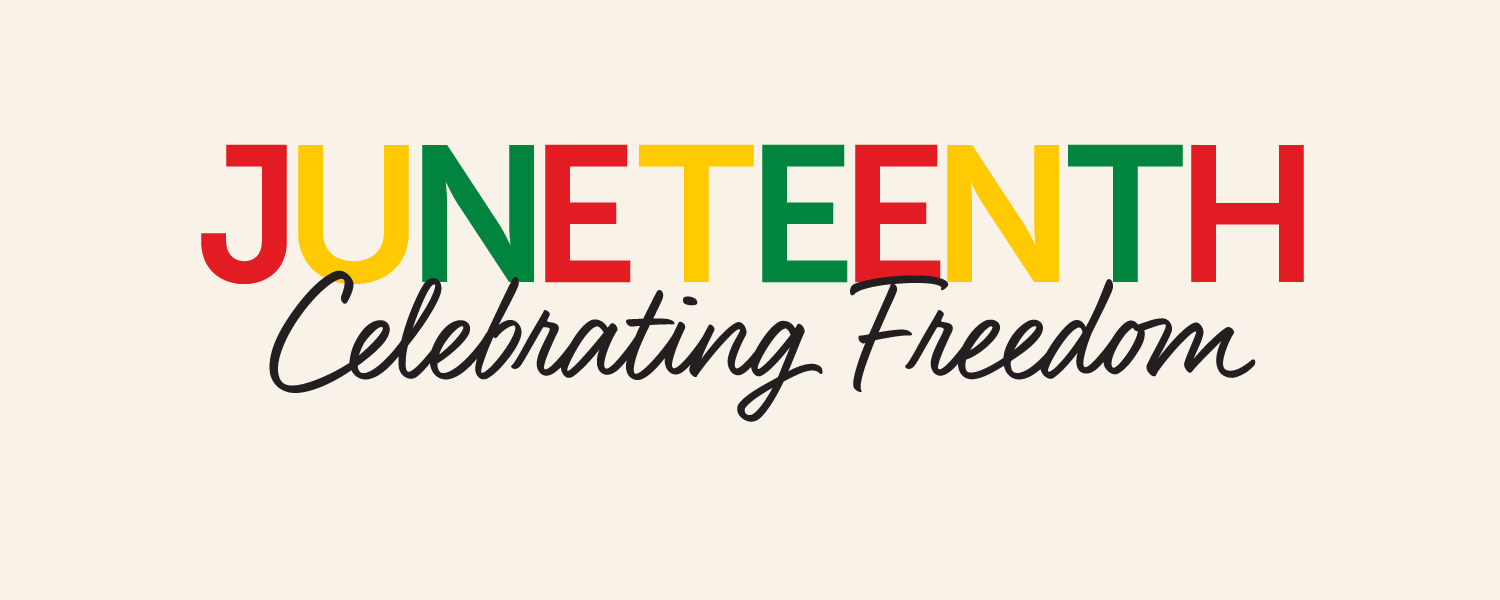
On June 19, 1865, Union General Gordon Granger went to Galveston, Texas and issued an order freeing thousands of enslaved Americans. Juneteenth (a mash-up of June and 19th) acknowledges the moment enslaved people in the most remote part of the Confederacy learned—two months after the end of the Civil War and two years after President Lincoln issued the 1863 Emancipation Proclamation—that they were finally free. Juneteenth, though a celebration, is an example of justice and freedom delayed for Black Americans. The holiday is a chance to reflect on history and the ongoing work toward equality.
How does Juneteenth relate to healthcare? In addition to the urgent need to confront health inequities, medicine as an institution is taking a hard look at some of these inequities’ root cause: structural racism.
In the past year, the Centers for Disease Control (CDC) and the American Medical Association (AMA) declared racism a public health crisis. Racism—systemic, cultural, interpersonal—is a barrier to health equity and optimal medical care. The AMA recently adopted a policy that recognizes race as a social, not biological, construct. One aim of this new policy is to see racism, not race, as a social determinant of health. This reveals a growing awareness of how “race as a risk factor” is present in numerous clinical guidelines and algorithms, and how this can impact medical decision-making that potentially worsens health disparities.
Before the COVID-19 pandemic, many studies highlighted racial health disparities. Black Americans have lower rates of insurance coverage, higher prevalence of chronic diseases, and lower life expectancy. The Black maternal mortality rate remains three times higher than that of white women. A 2017 study in Pediatrics revealed racial inequity in small preterm babies: California hospitals tended to deliver better care to white infants while Black and Latino infants were more likely to receive care in lower-performing hospitals. A 2016 study from the University of Virginia found 50% of medical students and residents believed that Black people are more tolerant of pain, a myth perpetuated during the slavery era.
The COVID-19 pandemic has exacerbated gross inequities with its disproportionate burden on Black communities. Black patients are three times as likely to be diagnosed with the virus and twice as likely to die from COVID19. Even as vaccines prove effective and immunization rates rise across the nation, vulnerable populations most affected by the pandemic face persistent structural inequities in vaccine distribution and delivery.
If we took an oath to do no harm, then we must first recognize harms that threaten patients’ lives. Racism is a public health threat, and the road to becoming anti-racist can help deliver more optimal care. Within the challenges lies an opportunity to learn, to act, and to improve the health of our communities. These large and small steps can bring us closer toward health equity.
Learn more about racism in healthcare
- AMA: Racism is a threat to public health
- CDC COVID Data Tracker: Demographic Trends of COVID-19 cases and deaths in the US reported to CDC
- CDC Health Equity: Racism and Health
- Emory University School of Medicine: Anti-Racism Resources
- New AMA policies recognize race as a social, not biological, construct
- New England Journal of Medicine: Beyond a Moment — Reckoning with Our History and Embracing Antiracism in Medicine
- New England Journal of Medicine: How Structural Racism Works — Racist Policies as a Root Cause of U.S. Racial Health Inequities
- New York Times Op-Ed: Dr Rhea Boyd on vaccines and BIPOC communities
- Northwestern Feinberg School of Medicine: Anti-racism in Medicine Collection
- Scientific American Op-Ed: Racism, Not Genetics, Explains why Black Americans are Dying of COVID-19
- Stanford Medicine: Closing the gap – Addressing racial inequity in medicine
- The Conversation: A new campaign by Black health workers for Black people about the COVID-19 vaccines
Studies mentioned above:
American Academy of Pediatrics: Racial/Ethnic Disparity in NICU Quality of Care Delivery